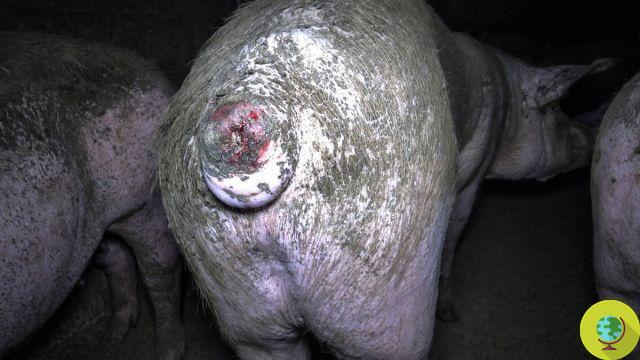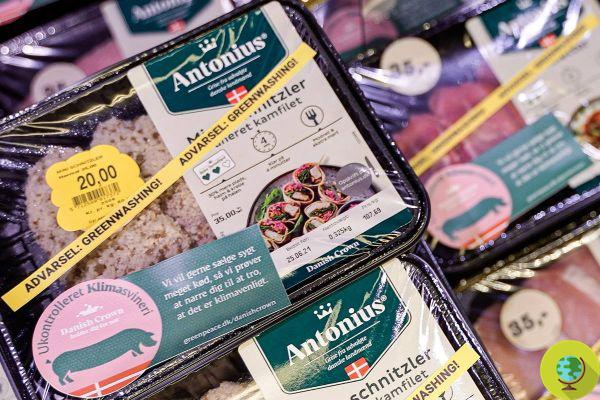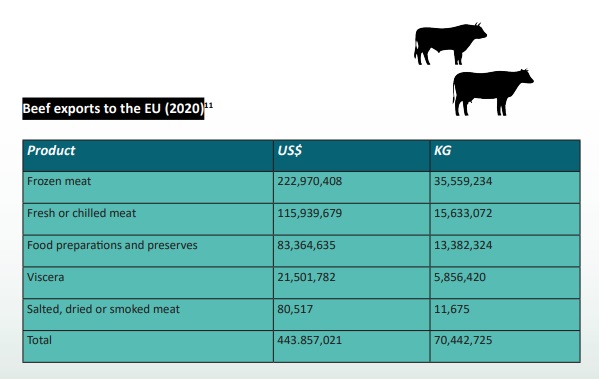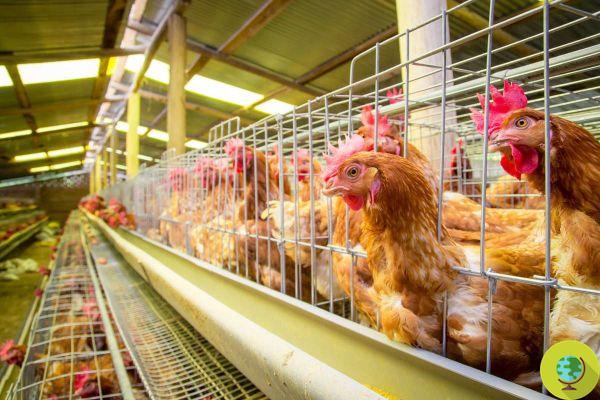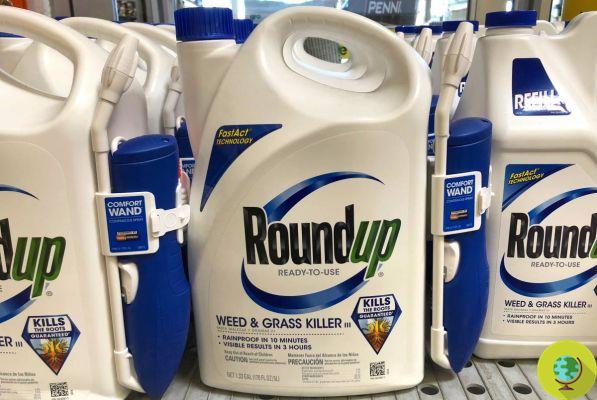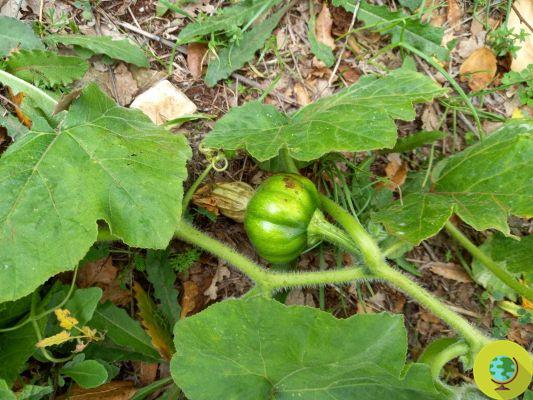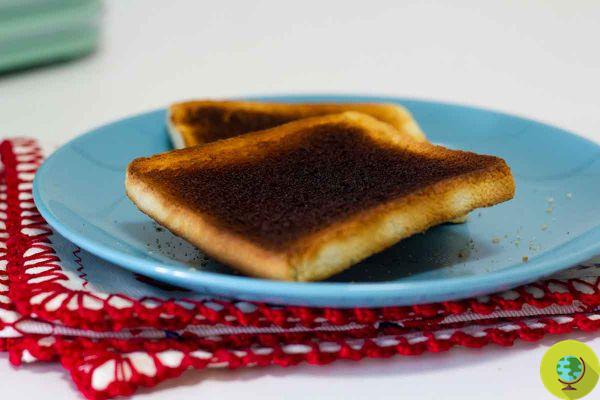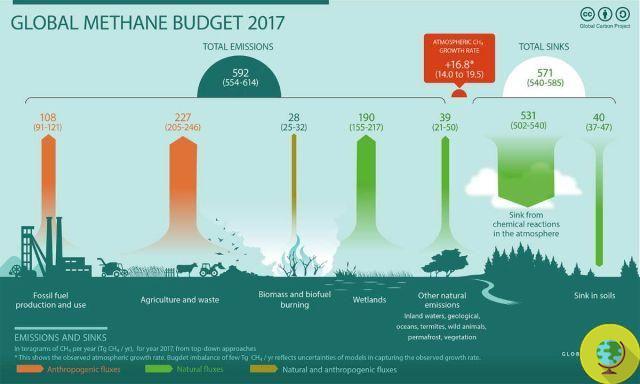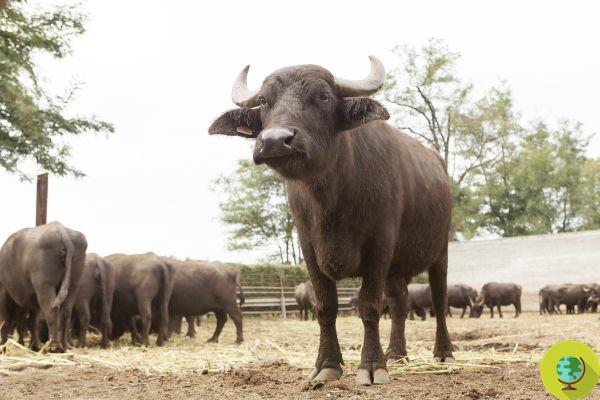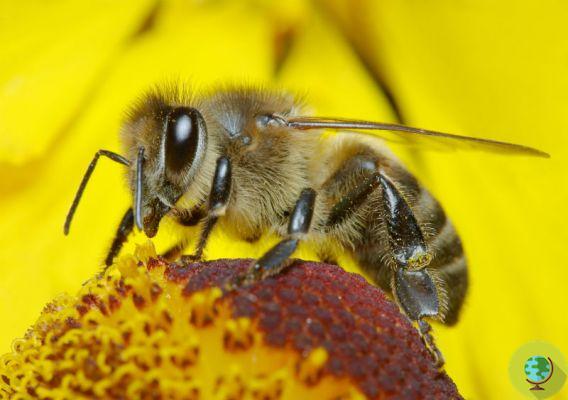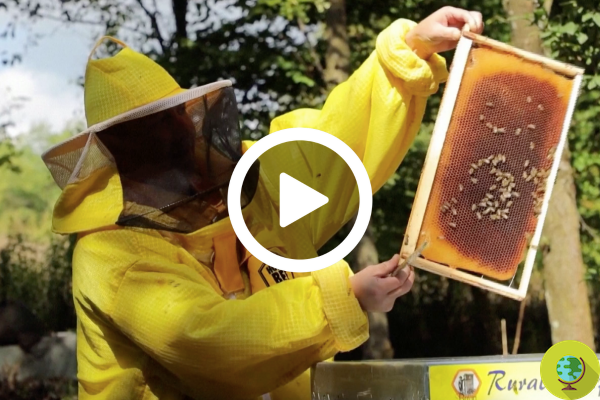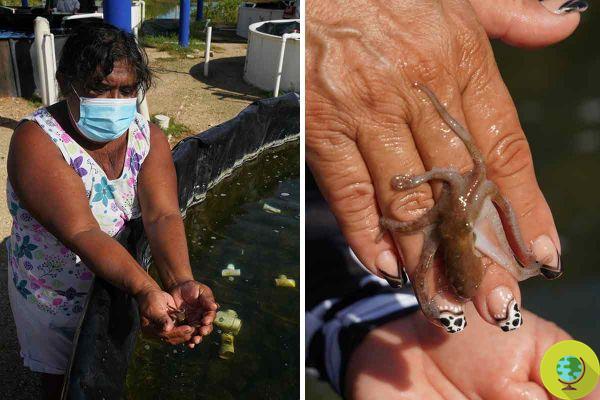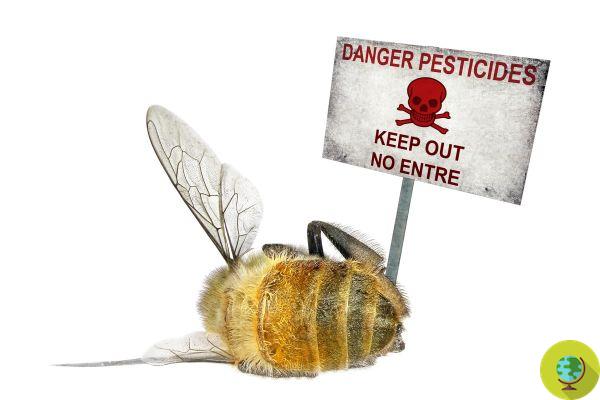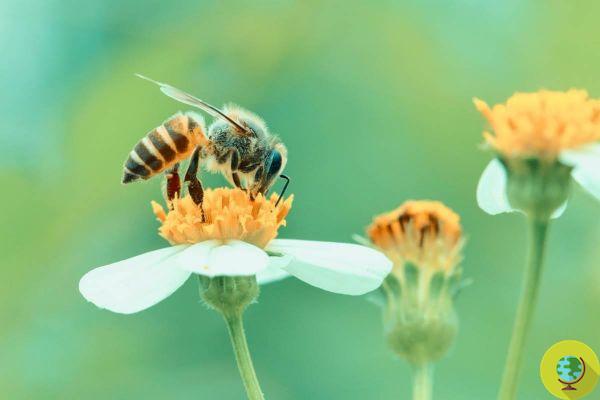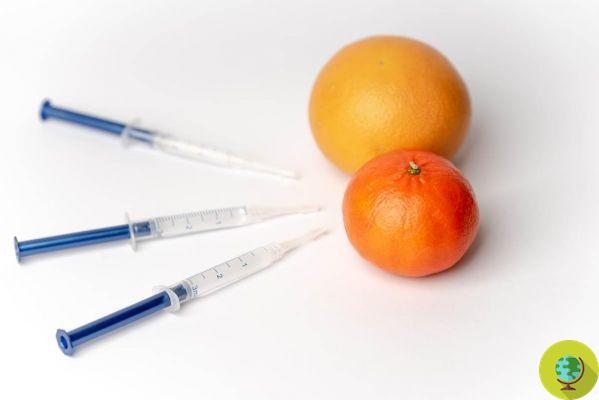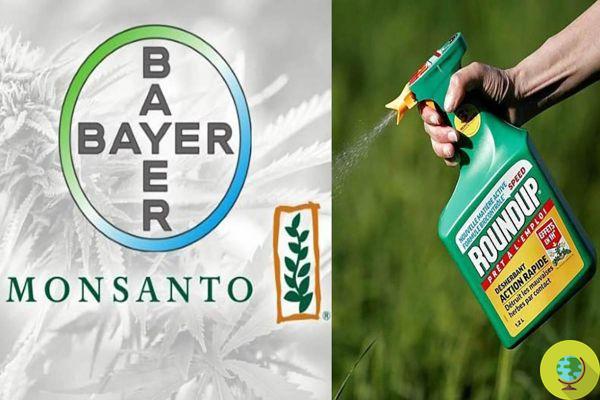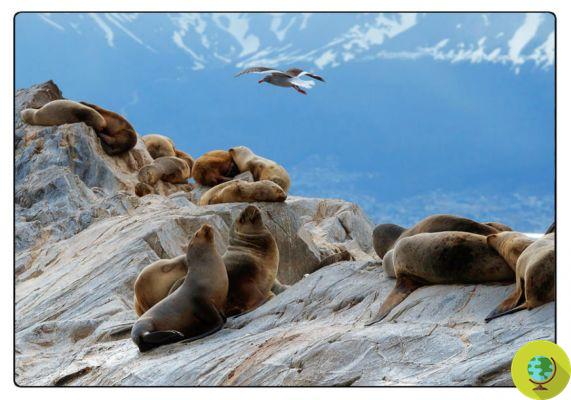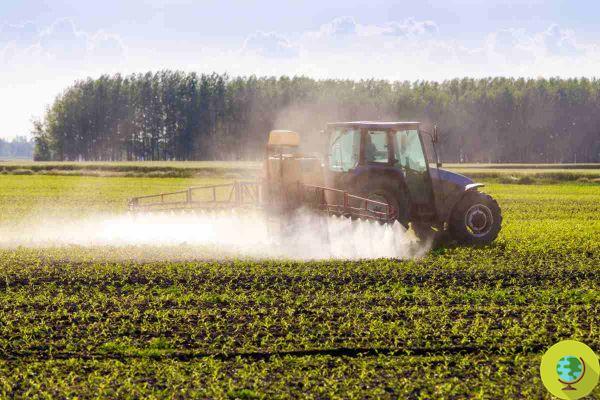
France calls for stricter rules on agricultural products with pesticides imported into the EU to avoid the collapse of production in Europe
He is about to end up run over, his mother saves himIn Europe the debate on agriculture is reopening e pesticides. The problem is not represented only by the substances used on European agricultural fields, but also by products imported from third countries, which do not meet the same standards. For the Francia this is an important obstacle to overcome. The French Minister of Agriculture Julien Denormandie spoke on the matter a few days ago, calling for the introduction of stricter rules. But the proposal was met with little enthusiasm, as it could inevitably lead to higher prices.
The fear of France is that the objectives of the Green Deal and the Farm to fork strategy will end up giving a blow thanks to European production, to the detriment of non-EU countries, where less stringent rules are in force. In short, the restrictions, essential to protect biodiversity and reduce emissions, could lead to a collapse of production within member states, which would then be forced to import products full of pesticides from other countries.
Read also: Pesticides kill 11 farmers a year in general silence, the shock report
France is pushing for stricter rules
As President of the Agriculture Council, Julien Denormandie will oversee the expected revision of the Sustainable Use of Pesticides (SUD) Directive, which is expected to be adopted in March. This directive aims to reduce the risks deriving from the use of pesticides on human health but also on the environment.
"The new directive on the sustainable use of pesticides must allow for the harmonization of practices across Europe and I would also propose, as President of the Council, that this revision include a provision on maximum residue limits," Denormandie said.
In Brussels, to present to the ComAgri @EP_Agriculture of the @Europarl_FR the priorities of the #PFUE in terms of agriculture
?Reciprocity of standards
?Carbon capture and storage
? Food sovereignty
We will work on it together, with parliamentarians ?? pic.twitter.com/IGuLtI8OUQ
— Julien Denormandie (@J_Denormandie) January 25, 2022
According to the French minister, this would allow us to “control what happens on European territory to protect our producers and consumers”.
We are aware that climate change will increasingly make the earth of the world unsuitable for cultivation. This forces us into the role of European agriculture as a supplier of food and as an exporter - the President of the Agriculture Council clarified - It would also be senseless in terms of sovereignty and the environment if a transition were to involve a withdrawal, an increase in imports and, therefore , a replacement of our greenhouse gas emissions by importing those of others.
France's request is for "internal harmonization combined with external control", but this could also lead to an increase in the prices of imported products. However, at the moment the EU Commission does not intend to review the MRL legislation (relating to maximum residue levels, i.e. traces of pesticides that must not exceed certain thresholds).
What makes us smile is the fact that the proposal for the introduction of stricter rules in the agricultural sector originates from France. Precisely in this country from this year the use of neonicotinoids, banned in Europe since 2018 and known to be pesticides bee killer and other valuable insects. A nice paradox.
Follow your Telegram | Instagram | Facebook | TikTok | Youtube
Fonte: EURACTIV
Read also:
- Glyphosate: it is present in practically everyone's urine. The shocking French study that should make you think
- Shocking data on pesticides in Trentino: tumors, autism and Parkinson's are on the rise. The alarm of doctors for the environment
- Bee killer insecticides: France changes its mind and authorizes the use of neonicotinoids
- Pesticides: emergency use of bee killer neonicotinoids in 10 countries (except France) under review




